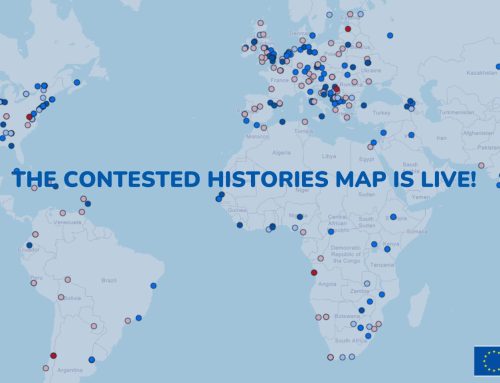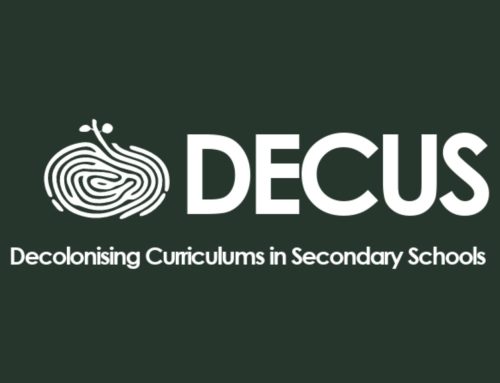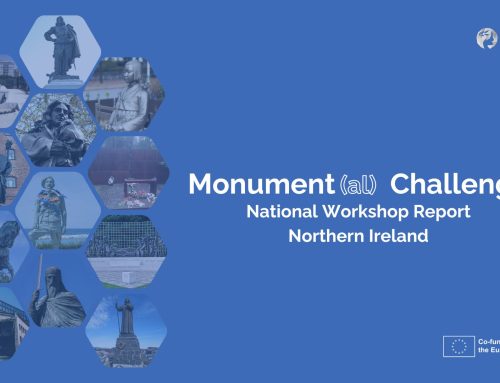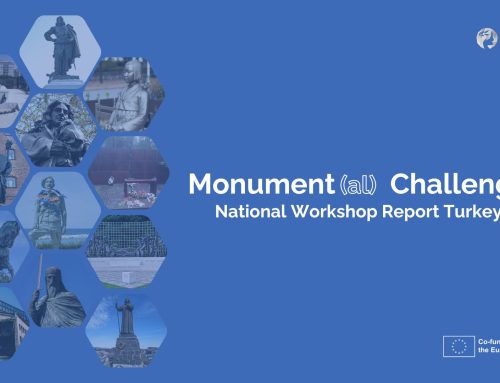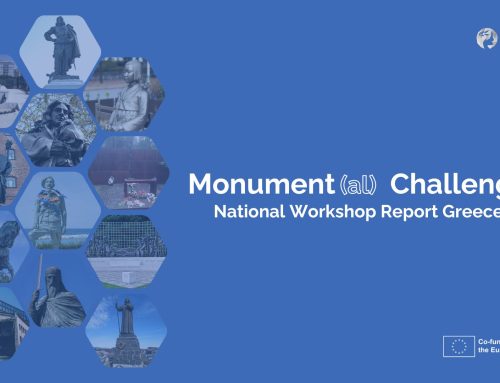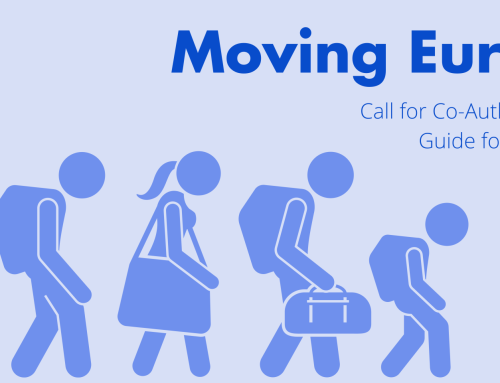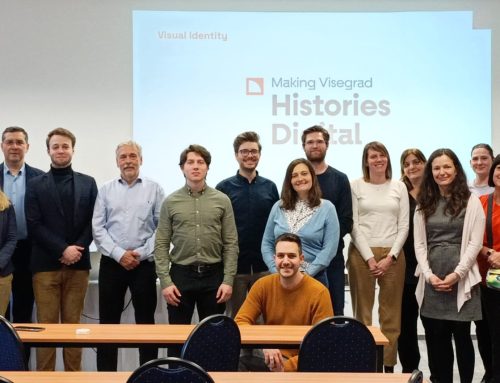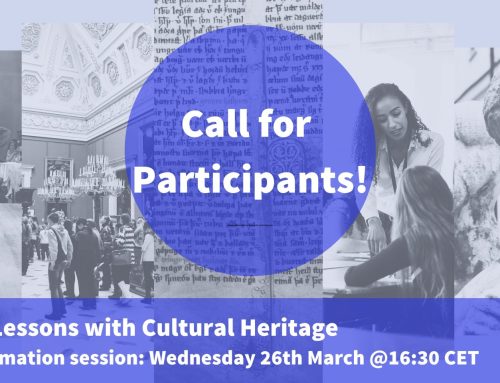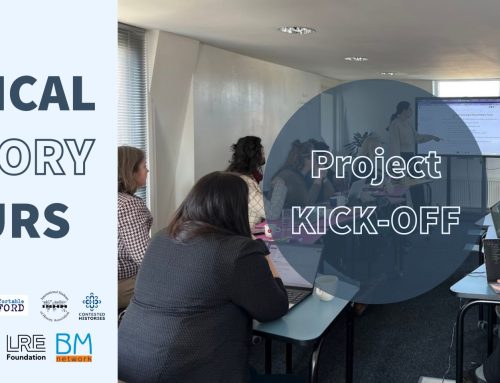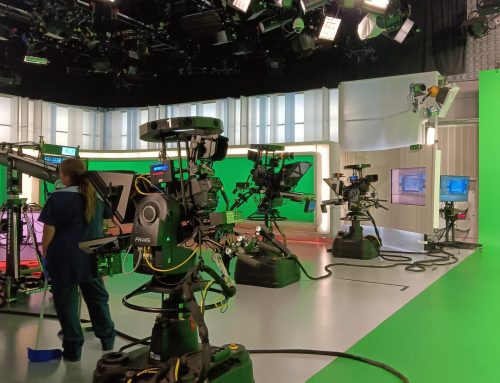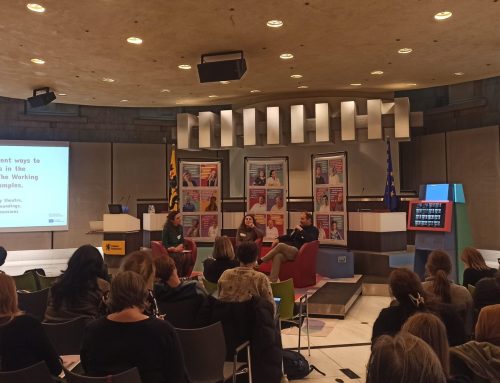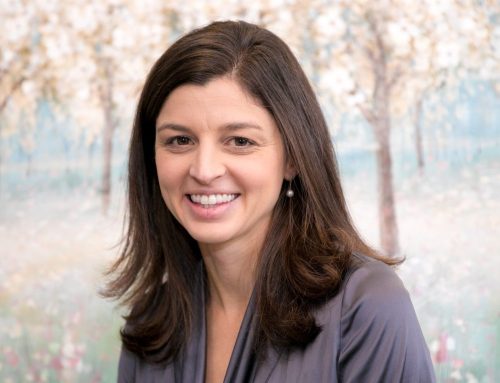Between the 20th and 22nd of March, EuroClio Director Jonathan Even-Zohar and trainee Martin George were joined by Historiana deputy-editor Chris Rowe and Macedonian history teacher Boro Veljanoski in Vienna to participate in the conference ‘The First World War in Central European Memory: Trans/national Perspectives, European Contexts’. The conference, organised mainly by the Austrian Ministry of Education, reflected on how, in the 100th year since its outbreak, The Great War is remembered in both national and European contexts.
The conference began in the evening of the 20th in the impressive surrounds of the Austrian National library, where Yale expert Professor Jay Winter made a keynote speech explaining how a transnational memory of the First World War can be fostered by focusing on the common experience of suffering. This interesting talk was followed by a discussion panel and an inspiring tour around the oldest part of the library, the construction of which began in 1722 on the order of Emperor Charles VI.
The following day featured three parallel working groups which convened in both the morning and afternoon in the hotel to discuss specific issues relating to how the First World War is remembered in Central Europe. The morning workshops addressed the negative aspects of national narratives, and those of the afternoon considered how more transnational approaches can be implemented in the classroom.
On the morning of the 22nd, a ‘market place of ideas’ was held where EuroClio was able to exhibit its innovative online learning package, Historiana. Many academics and educators expressed a great deal of interest in the First World War Module, which is due to be launched in July with creative learning applications and content resources, including a multi-stranded timeline. Conference participants were able to experience the app demos and view the developing layout of the webpage.
A world café concluded the conference, where participants moved around thematic tables to discuss issues and opportunities for future cooperation. Jonathan hosted a table focusing on conflicts and debates, where participants spoke openly about sensitive issues related to the war. Closing words were provided by Heidemarie Uhl of the Austrian Academy of Science, who summarised the highlights of the conference and thanked the organisers at Kulturkontakt for what was an extremely successful event that brought the history community together in this historic year.
[download-attachments]

